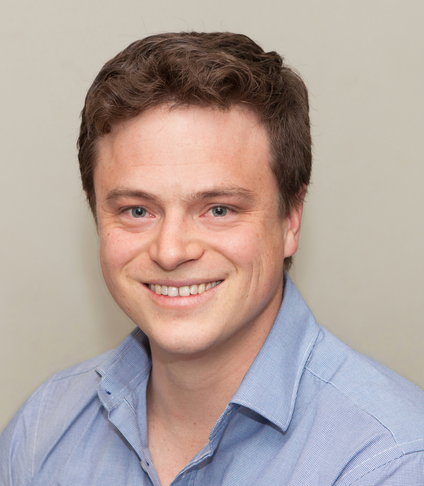South Africa faces a severe lack of skilled radiologists and radiographers, which may affect its recent advancements in immunotherapy and minimally invasive surgical treatment options, according to Dr. Paul Rischbieter, a radiologist in private practice in Pretoria, and Congress Director for the Radiological Society of Southern Africa.
To put things into perspective, approximately 700 registered active radiologists in South Africa with about 60 per cent working in private practice and 40 per cent in academic institutions.
“South Africa, therefore, has one radiologist per 100,000 people, compared to Europe, where there are 13 radiologists per 100,000 people. So, we have less than a tenth of the radiologists Europe has as a ratio,” he adds.
Other concerns include equipment weighted more heavily towards the private sector, particularly at the higher end technologies such as MRI and CT. There is also a greater push towards advanced subspeciality training in the private sector when compared to academic institutions.
“South Africa qualifies about 20 radiologists per year, which is just enough to keep up the current numbers of radiologists but certainly not enough to support any growth. Immigration is also a factor that contributes to a reduced workforce than expected as South African radiologists are well respected overseas and often headhunted for positions in other countries,” Dr. Rischbieter says.
Artificial intelligence and smart technology in South Africa
There are many AI companies on the market globally and there has been a flood of software newly available in the past 12 months. According to Dr. Rischbieter, radiologists are adopting software, testing and trying, and using it where it truly adds value. But AI cost reduction while maintaining quality remain key points of concern.
“At this stage, not many AI software programs really achieve that, so adoption will take time. We are still very much in the early phase of adoption. Healthcare also faces the challenge of severe responsibility tied to the use of software. Software in imaging is as powerful as medications in a physicians practice – we must rely on the quality.”
He adds that while medicines are well regulated in South Africa, software is still finding its feet in terms of regulation. While various South African regulatory bodies and the Radiological Society of Southern Africa are involved in the development of policy and legislation to steward the deployment of software, the country still needs a roundtable of stakeholders to keep up with the rate of change and address ongoing challenges under a common vision.

Future of radiology and oncology in South Africa
Radiology has not only become the navigator of the healthcare system, but also the centre of diagnosis, treatment, monitoring, resource gatekeeping and allocation and public health management. This will only become greater and broader, says Dr. Rischbieter, as radiology continues to be one of the fastest growing sections of healthcare, and it is essential to improve quality and efficiency of patient outcomes.
Oncology, on the other hand, is an expensive medical discipline and very resource intensive.
“Every year new therapies come out, and to pay back the research and development, they are very expensive to use in the near to medium-term. The treatment of cancer is not a once-off process and requires follow-up, repeat therapies, management of complications, etc. South Africa is not rich in healthcare resources. We will need to be more efficient with oncology resources in the future and build good institutions to decide how to best deploy the resources we have,” he concludes.
Don't miss: Africa Health Congress 2025
The Imaging & Diagnostics Conference is one of the longest-running segments of Africa Health, and will host a session focused on oncology, specifically with updates on the latest in radiological oncology with more focused sessions on Prostate, Breast and Lung Cancer — three of the most common cancers that affect the South African population. Dr. Paul Rischbieter will be chairing the imaging stream of the congress on all three days and will be doing a case review of Prostate MR diagnosis. Register now to learn more.















.webp?width=700&auto=webp&quality=80&disable=upscale)